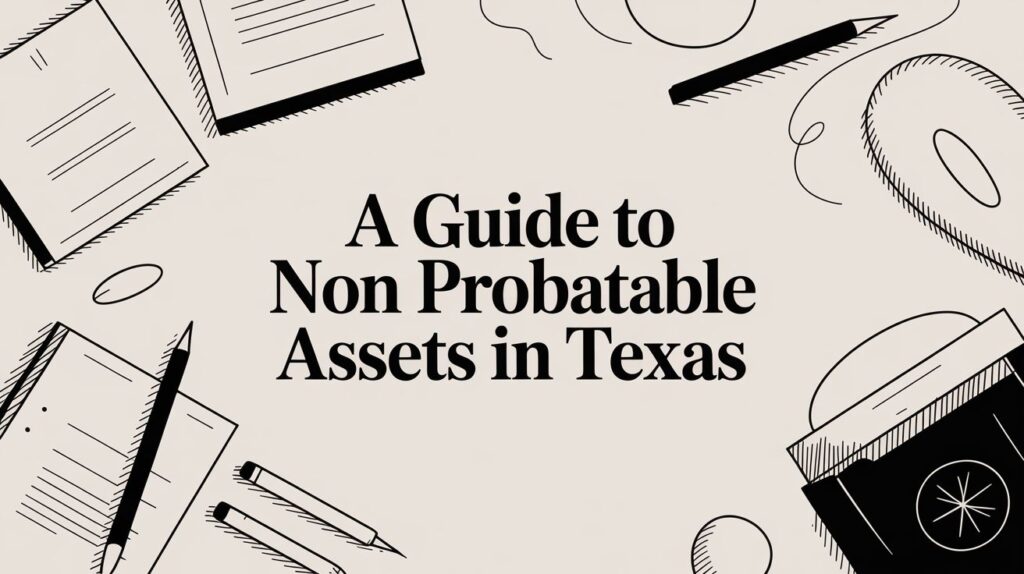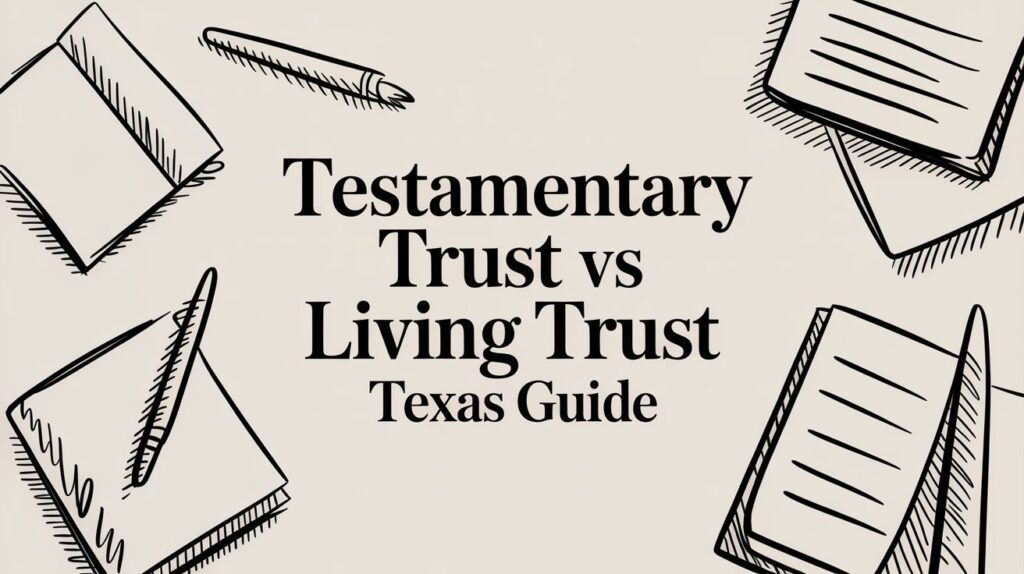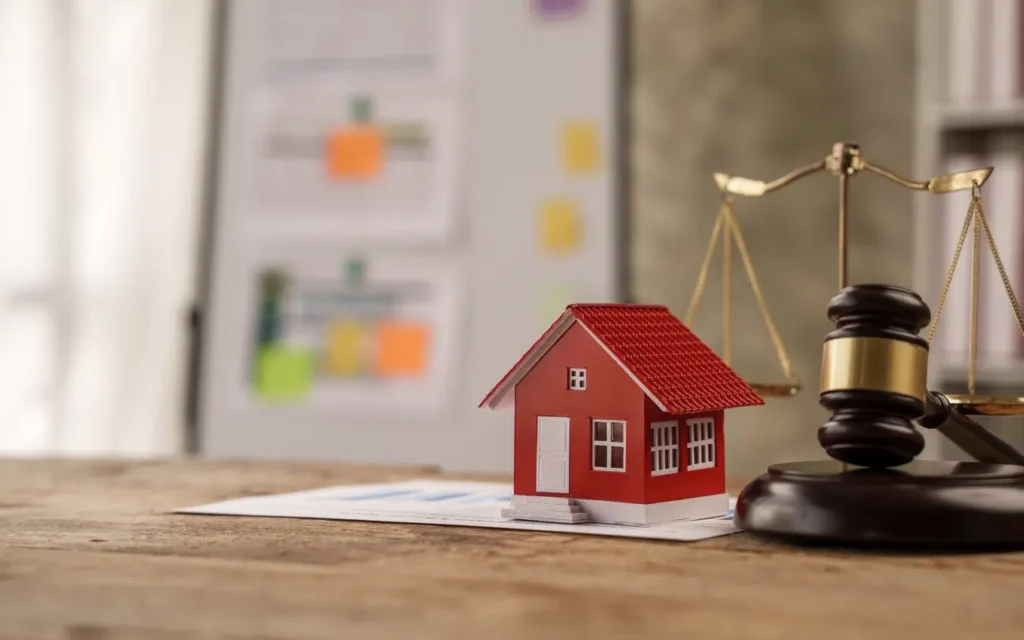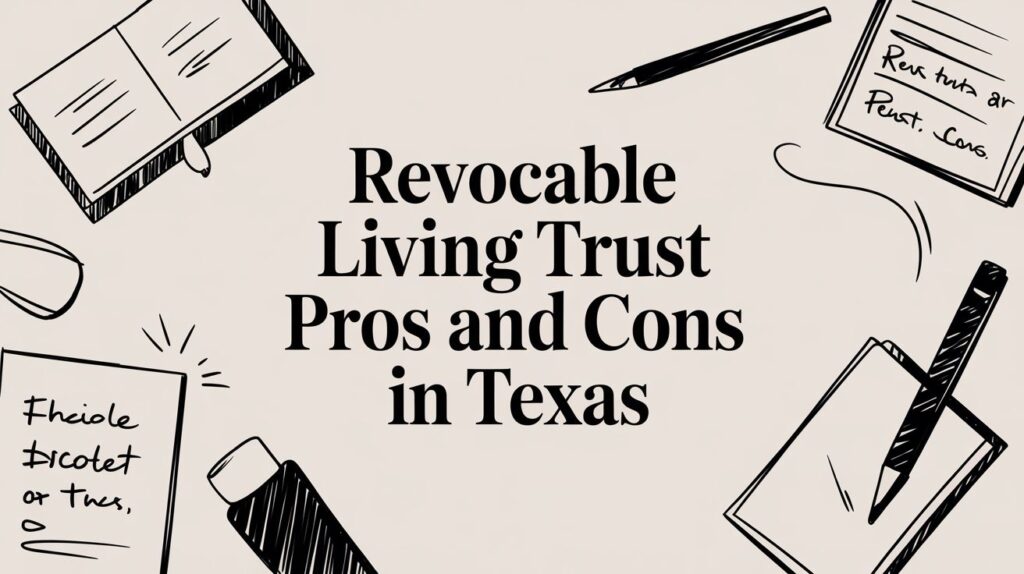When a loved one passes away in Texas, their estate often includes a variety of assets, with real estate typically being one of the most valuable. In many cases, these properties might be vacant, which can pose unique challenges for the executor or personal representative of the estate. Managing vacant properties under Texas probate law requires a keen understanding of the legal, financial, and logistical responsibilities involved. This guide provides an in-depth look at handling vacant properties during probate, offering clear steps, tips, and considerations for executors and heirs alike.
Understanding Probate and Vacant Property in Texas
First, let’s establish a foundation by briefly explaining probate and its relationship to vacant properties.
Probate is the legal process by which a deceased person’s estate is administered and their assets distributed to beneficiaries. In Texas, probate involves validating the will (if there is one), inventorying assets, paying debts and taxes, and distributing the remaining estate to heirs.
When a property is vacant during probate, it introduces several challenges:
- The property may be susceptible to vandalism, neglect, or theft.
- There are ongoing costs, such as property taxes, maintenance, and insurance.
- Decisions must be made regarding whether to sell the property, rent it out, or transfer it directly to heirs.
In many cases, handling a vacant property becomes a time-sensitive issue, as leaving a home empty for too long can lead to financial and legal complications. Understanding the probate process and its impact on vacant properties is crucial for making informed decisions.

Steps to Managing a Vacant Property During Probate
Managing a vacant property during probate requires a proactive approach to safeguard the asset and ensure its value is preserved. Below is a step-by-step guide to help executors and heirs through this process.
1. Secure the Property Immediately
One of the first and most critical steps is to secure the vacant property. A vacant home can quickly become a target for vandalism, theft, or squatters. Additionally, an unsecured home may suffer from damage due to lack of maintenance.
- Change the locks: If possible, change the locks immediately to ensure no unauthorized access.
- Install security systems: Consider installing a basic security system with cameras or motion sensors. Some insurance companies may even require this step to maintain coverage.
- Notify neighbors: Neighbors can be invaluable in keeping an eye on the property. Let them know the situation and ask them to alert you to any unusual activity.
2. Maintain the Property’s Condition
Even though the property is vacant, it still needs to be maintained. Regular maintenance ensures the property retains its value and avoids any fines or legal issues that may arise from local ordinances.
- Lawn and exterior upkeep: Mow the lawn, trim bushes, and clean up debris. A neglected exterior can make the property appear abandoned, attracting unwanted attention.
- Regular inspections: Conduct regular walkthroughs to check for issues like leaks, pests, or vandalism.
- Utilities: Keep utilities such as water, electricity, and gas running, particularly if the home is in an area where weather conditions can cause problems like frozen pipes.
3. Evaluate the Financial Aspects
Vacant properties often come with costs that must be addressed, even before probate is completed. These include:
- Property taxes: Texas property taxes are due yearly, and failing to pay them can result in penalties or even foreclosure. The executor must ensure property taxes are paid on time.
- Homeowner’s insurance: Standard homeowner’s insurance may not cover a vacant property, so it’s essential to inform the insurer of the vacancy and adjust the coverage accordingly.
- Mortgage payments: If the property has an outstanding mortgage, the estate must continue making payments until it transfers or sells the property.

Understanding the financial commitments associated with the property will help the executor make decisions about how to manage the asset during probate.
4. Consider Renting or Selling the Property
Once the immediate issues are addressed, the executor and heirs must decide whether to rent out or sell the property.
- Renting the property: Renting out a vacant home during probate can provide a steady income to help cover expenses like property taxes and maintenance. However, this decision requires careful consideration, as it adds another layer of complexity, including finding tenants, managing the lease, and handling property management.
- Selling the property: In many cases, the best course of action is to sell the vacant property. This can provide liquid assets to cover estate debts and distribute to heirs. In Texas, selling a property during probate requires the approval of the court, but once approved, the sale can proceed like any other real estate transaction.
5. Get Legal and Financial Advice
Navigating the legal landscape of probate and vacant property management can be challenging, and it’s essential to consult with legal and financial professionals throughout the process.
- Probate attorney: A probate attorney can guide you through the legal aspects of managing a vacant property, including getting court approval for property sales or ensuring compliance with Texas probate law.
- Real estate agent: A real estate agent with probate experience can help assess the property’s value, list it for sale, and navigate the complexities of selling a home that’s part of an estate.
- Financial advisor: Depending on the size of the estate, managing finances and taxes can become complicated. A financial advisor can provide insights on minimizing tax liabilities and maximizing the value of the property for the heirs.
Potential Issues with Vacant Properties in Probate
While managing a vacant property during probate seems straightforward, several issues can arise that complicate the process. Executors must be prepared for these potential problems.
1. Title and Ownership Disputes
In some cases, ownership of the property may be unclear, or disputes may arise among heirs regarding who has the legal right to the property. These disputes can delay the probate process and prevent the property from being sold or transferred.
To avoid or resolve these disputes, it is crucial to:
- Verify the will’s instructions: Ensure that the will clearly states the deceased’s wishes regarding the property.
- Resolve disputes early: If conflicts arise among beneficiaries, try to resolve them through mediation or legal intervention as early as possible.
2. Property Damage and Devaluation
Vacant homes can rapidly lose value if they are not properly maintained. If damage occurs while the property is under probate, the estate may incur repair costs. Such costs can diminish the value of the inheritance. Additionally, long delays in probate can lead to market fluctuations, affecting the property’s sale price.
Mitigate this risk by conducting regular maintenance and inspections, and hire a property management company to oversee the property if it will be vacant for an extended period.
3. Squatters or Unauthorized Occupants

If a vacant property is left unattended for too long, squatters may take up residence. This can lead to costly legal battles to evict them. Squatter laws vary by state, and while Texas does not have particularly squatter-friendly laws, addressing the issue swiftly is essential to prevent larger problems.
To prevent unauthorized occupants:
- Regularly inspect the property: Frequent visits to the property can deter squatters from attempting to occupy it.
- Install a security system: Motion detectors, alarms, or cameras can help prevent squatting or theft.
- Post “No Trespassing” signs: These signs can serve as an additional legal deterrent to squatters.
Transferring Vacant Property to Heirs
Once the probate process nears completion, it’s time to transfer ownership of the vacant property to the rightful heirs. In Texas, this transfer can be accomplished through a few different methods:
- Deed transfer: Once probate is complete, the executor can transfer the property to the heirs named in the will or according to intestate laws.
- Joint ownership: In some cases, multiple heirs may inherit the property together. It’s important to establish how ownership and responsibilities will be divided among the heirs.
- Selling the property and distributing proceeds: If the heirs agree, selling the property and distributing the proceeds is often the easiest way to divide the asset.
Once the property is transferred or sold, the heirs are free to use the property as they wish.
Conclusion
Handling vacant properties in Texas probate can seem like a daunting task. However, with careful planning and attention to detail, the process can be managed smoothly. From securing the property and managing its upkeep to navigating the legal process and making financial decisions, executors and heirs must work together to preserve the value of the estate.
Take proactive steps to safeguard the property, seek legal and financial advice, and address potential issues early to handle the vacant property efficiently and fairly during probate. With the right approach, you’ll be able to honor the deceased’s wishes. At the same time, you can protect the financial interests of the estate and its heirs.








